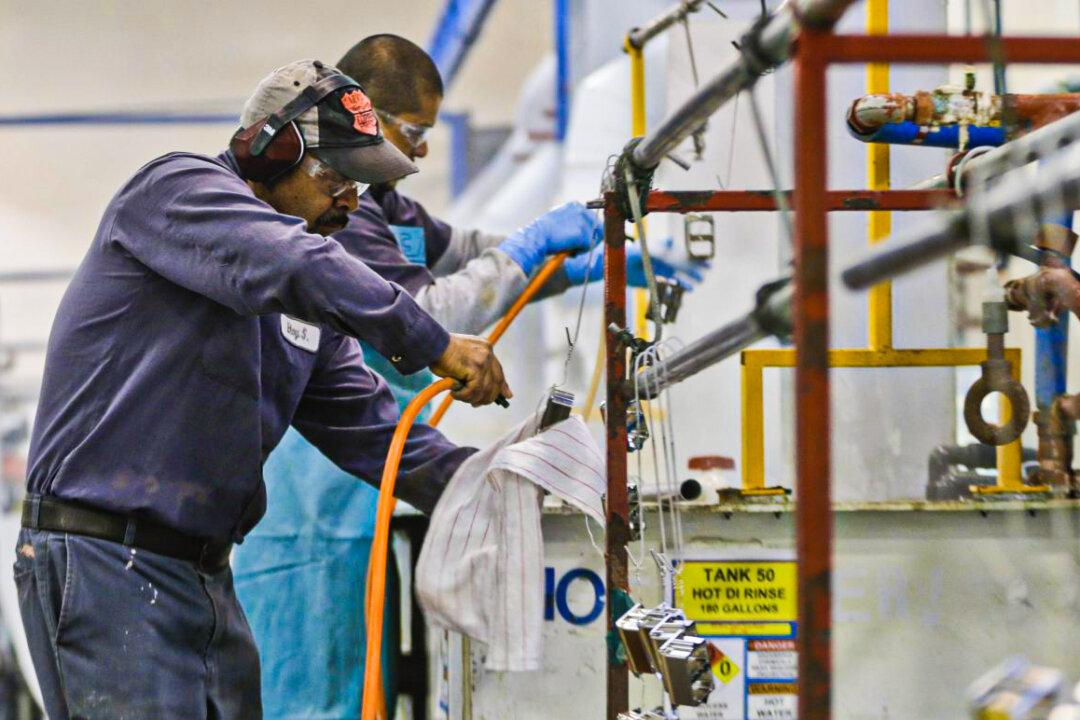More than 61 percent of purchasing managers surveyed at California manufacturing companies expect deliveries from their suppliers to be slower in the October–December quarter than during the July–September quarter.
Analysts say this bottleneck means California’s manufacturing sector is expected to grow at a slower pace in the fourth quarter than it did during the third quarter.





